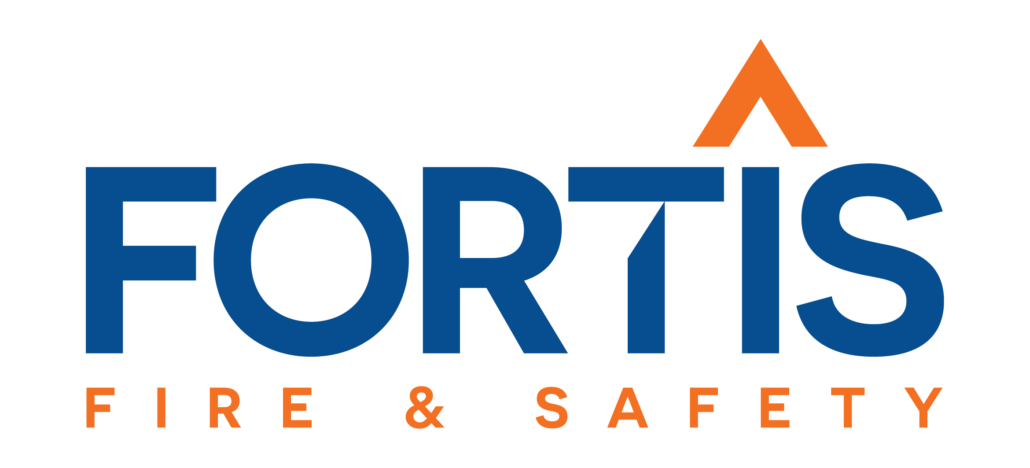Search All Blogs & Press Releases
Sort by Category
Apprenticeships Provide a Secure Career Path, Ensure Quality for Customers
April 2, 2024/by Magdi CookCJ Suppression Founder Based his Acquisition Decision on Benefitting All
March 22, 2024/by Magdi CookLeading the Charge: Peter Shull Reflects on Nearly 3 Decades with LifeSafety Management
March 6, 2024/by Magdi CookPiper Fire Protection Leader Continues Legacy of Customer Service
February 22, 2024/by Fortis TeamVFS Founder Shares His Fire Safety Company’s Experience Selling to Fortis
February 21, 2024/by Magdi CookWhy Buildings Fall Out of Code, and What to Do About It
January 3, 2024/by Magdi CookApprentice Highlight: Daniel Coticchio, Fire Sprinkler Foreman
December 4, 2023/by Magdi CookReduce Risk: Inspect and Maintain Your Fire and Life Safety Systems
November 5, 2023/by Magdi CookWhat it Means to be Certified
October 30, 2023/by Magdi CookHouston Branch Leadership Highlight: Miro Berjan, VP of Texas Operations at Fortis Fire & Safety
October 27, 2023/by Magdi CookState of The Fire Protection Industry Updates Q2-3 2023
September 10, 2023/by Fortis TeamFire Sprinkler Service and Repair for Commercial Buildings
September 4, 2023/by Fortis TeamFire System Design/Build: Customized Solutions for Businesses
August 28, 2023/by Fortis TeamFire Prevention Services: Proactive Measures for Protecting Your Business
August 21, 2023/by Fortis TeamSpecial Hazard Fire Protection System Service and Repair
August 14, 2023/by Fortis TeamAcquisitions with Fortis Fire & Safety
July 1, 2023/by Fortis TeamFireworks Safety
June 25, 2023/by Fortis TeamThe Importance of Fire Suppression Systems in Commercial Buildings
May 14, 2023/by Fortis TeamHow to Prepare For Fire Safety Inspections
April 30, 2023/by Fortis TeamFire Alarm Systems: Enhancing Fire Safety in Commercial Properties
April 23, 2023/by Fortis TeamFollow Us
Quick LInks
Houston Office
3413 N. Sam Houston Pkwy W.
Suite 206
Houston, TX 77086
(713) 636-9232
SCR-G-3062166
HCR-3062160
ECR-3062130
ACR-3062017
Headquarters
1515 Woodfield Road
Suite 630
Schaumburg, IL 60173

© 2024 FORTIS FIRE & SAFETY
site designed by digitalstoryteller.io

